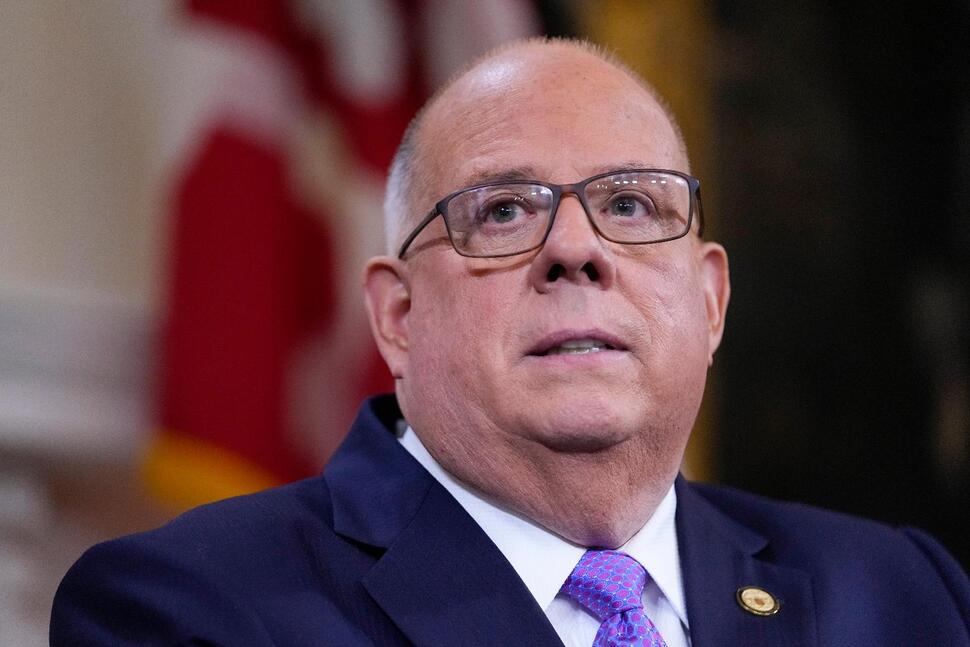In Maryland’s political arena, a heated debate ensues as lawmakers grapple with proposals for significant tax and fee increases, raising concerns among some Democrats about the potential implications for the upcoming U.S. Senate race. The proposed measures, amounting to hundreds of millions of dollars, have ignited a contentious budget showdown, with fears that they could bolster the campaign of former Republican Governor Larry Hogan, jeopardizing the Democratic Party’s narrow majority in the Senate.

The urgency for federal support to address the collapse of Baltimore’s Francis Scott Key Bridge further intensifies the debate. Governor Hogan, who garnered popularity by criticizing tax hikes during his tenure, swiftly condemned the proposed revenue package, arguing that it would detrimentally impact Maryland families already strained by inflation.
Democrats currently hold a delicate 51-49 majority in the U.S. Senate, and Hogan’s potential candidacy has injected unusual competitiveness into Maryland’s typically Democratic-leaning political landscape. Despite Hogan’s widespread popularity in the state, recent polling indicates that Maryland voters still lean towards Democratic representation in the Senate.
While some Democrats emphasize the pressing need to address transportation funding issues promptly, others question the timing of the proposed tax and fee increases, wary of potential political repercussions. Maryland House Appropriations Committee Chair, Del. Ben Barnes, contends that voters will prioritize national issues over local tax debates.
Governor Wes Moore, a Democrat, has submitted a balanced budget for the upcoming fiscal year without tax increases, signaling resistance within the party to significant revenue hikes. The Maryland Senate has largely upheld Moore’s budget plan, while the House has proposed additional revenues primarily through transportation-related fees and corporate tax reform.
As negotiations between the chambers continue, tensions remain high with less than a week left in the legislative session. The Senate’s reluctance to embrace the House’s revenue proposals underscores the complexity of reaching a consensus on critical budgetary matters.
The debate over tax and fee increases in Maryland reflects broader political dynamics, with implications not only for state finances but also for the closely watched U.S. Senate race. As lawmakers navigate these challenges, the outcome will undoubtedly shape the future political landscape of both Maryland and the nation.